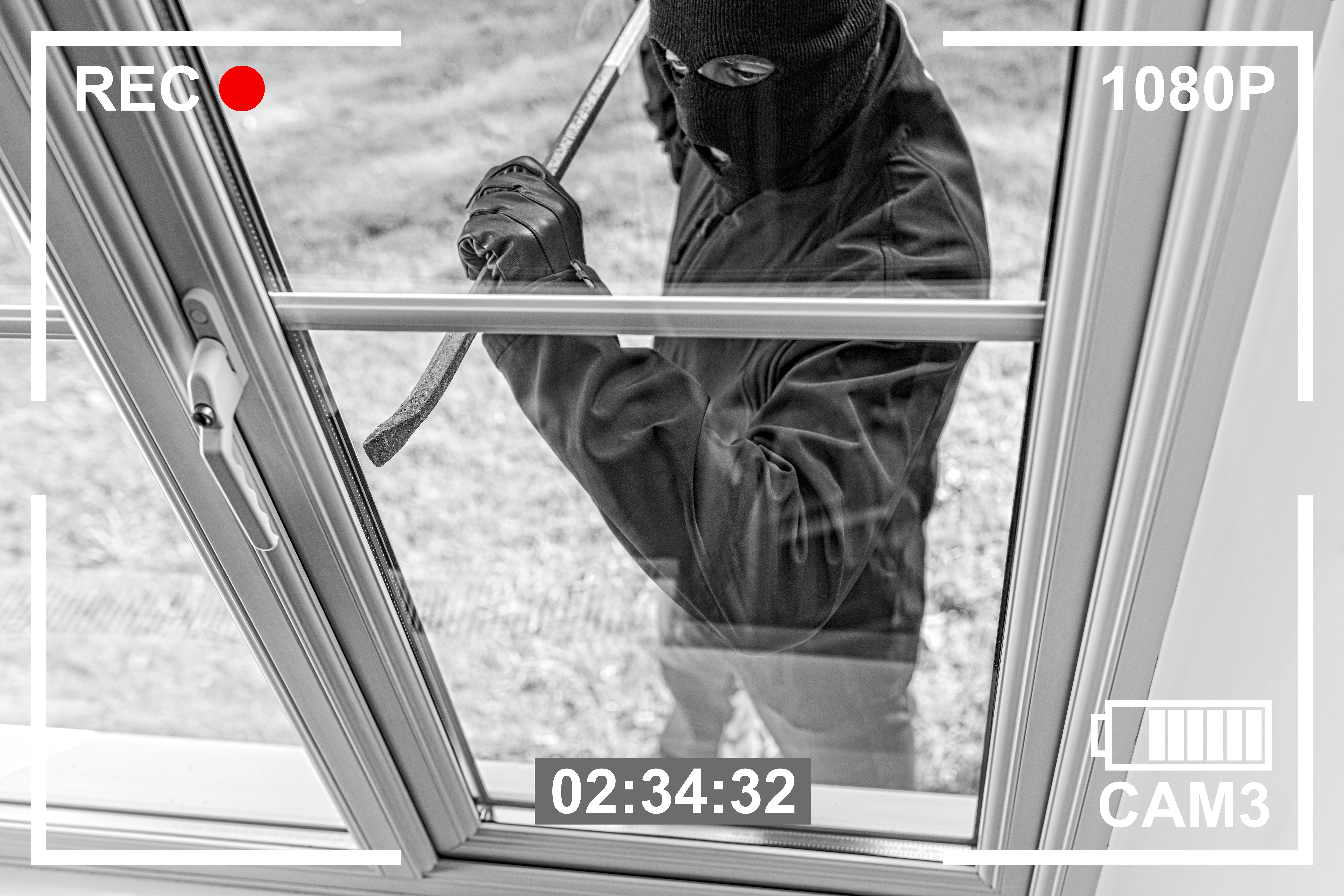In today’s complex legal landscape, negligent security cases have become increasingly prevalent, shedding light on the responsibility of property owners to ensure the safety of their premises. Naples, Florida, a picturesque coastal city known for its beauty and tranquility, is not immune to instances where individuals have suffered harm due to inadequate security measures. When incidents occur on a property, questions about the property owner’s liability often arise, leading to legal battles that hinge on proving negligence. However, property owners and their legal teams frequently employ a range of defenses to counter such claims. In this article, we will delve into common defenses used in negligent security cases in Naples, Florida and the requirements associated with them.
Lack of Foreseeability:
One of the primary defenses employed in negligent security cases is the assertion that the property owner could not have reasonably foreseen the criminal activity that led to the incident. To successfully use this defense, the property owner and their legal team must demonstrate that the criminal act was unforeseeable based on historical crime data, the property’s location, and other relevant factors. For example, if the area has a low crime rate and no history of similar incidents, the property owner might argue that they could not have reasonably anticipated the need for enhanced security measures.
Third-Party Criminal Act:
Property owners might argue that the criminal act was perpetrated by a third party over whom they had no control. This defense aims to shift the blame away from the property owner and onto the individual responsible for the criminal activity. To effectively employ this defense, the property owner’s legal team needs to prove that they took reasonable steps to provide security and that the criminal act was unforeseeable and beyond their control.
Contributory Negligence:
This defense involves arguing that the plaintiff’s own actions or negligence played a significant role in causing the incident. For example, the property owner might claim that the plaintiff failed to take reasonable precautions for their own safety or engaged in risky behavior that contributed to the incident. To establish contributory negligence, the property owner’s legal team must demonstrate that the plaintiff’s actions were a substantial factor in causing the harm they suffered.
Assumption of Risk:
Assumption of risk is another defense that property owners might employ in negligent security cases. This defense contends that the plaintiff was aware of the potential risks associated with entering the property and willingly accepted those risks. To use this defense successfully, the property owner’s legal team must show that the plaintiff had knowledge of the potential dangers and voluntarily chose to expose themselves to those dangers despite knowing the risks involved.
Adequate Security Measures:
Property owners may argue that they had implemented sufficient security measures to prevent criminal activity and that the incident occurred despite their reasonable efforts. This defense requires the property owner’s legal team to provide evidence of the security measures in place, such as surveillance cameras, lighting, security personnel, and access controls. They must demonstrate that the measures were appropriate for the property’s location and the potential risks.
Timely Reporting of Criminal Activity:
In some cases, property owners might contend that the plaintiff failed to report suspicious or criminal activity promptly, which could have allowed them to take appropriate action to prevent the incident. This defense relies on proving that the property owner would have responded effectively to the reported activity by enhancing security measures or taking other precautions.
Statute of Limitations:
Another defense that property owners might employ is the statute of limitations. This defense contends that the plaintiff filed the lawsuit after the legally prescribed time limit had expired. In Florida, there is a specific time frame within which a lawsuit must be filed after an incident occurs. Property owners might argue that the plaintiff’s delay in filing the lawsuit hinders their ability to gather evidence and build a strong defense. It’s essential for plaintiffs to be aware of the statute of limitations and take timely action to ensure their claims are not dismissed on these grounds.
Preexisting Conditions:
Property owners may try to establish that the plaintiff’s injuries were a result of preexisting conditions rather than the incident in question. This defense aims to minimize the property owner’s liability by suggesting that the injuries would have occurred regardless of the security measures in place. To employ this defense effectively, the property owner’s legal team must present substantial evidence linking the injuries to the plaintiff’s preexisting conditions.
Comparative Negligence:
Florida follows the doctrine of comparative negligence, which means that if both the plaintiff and the defendant are found to be partially at fault for the incident, the damages awarded to the plaintiff will be reduced proportionally to their degree of fault. Property owners may use this defense to argue that the plaintiff’s own negligence contributed to the incident and, therefore, they should be held responsible for a portion of the damages.
A successful negligence claim requires establishing a direct causal link between the property owner’s breach of duty and the harm suffered by the plaintiff. Property owners may attempt to challenge this link by arguing that their actions did not directly cause the incident or that other intervening factors were responsible for the harm. Proving lack of causation involves demonstrating that the property owner’s actions were not a substantial factor in causing the incident.
In conclusion, negligent security cases in Naples, Florida, are complex legal matters that revolve around establishing the property owner’s duty of care and their breach of that duty. However, property owners and their legal teams have a range of defenses at their disposal to counter such claims. These defenses often hinge on demonstrating the lack of foreseeability, the plaintiff’s own negligence, the presence of adequate security measures, and other relevant factors. To navigate these complexities successfully, it’s crucial for both plaintiffs and defendants to seek expert legal counsel who are well-versed in the nuances of negligent security cases.
If you or a loved one have been involved in a negligent security incident in Naples, Florida, our experienced legal team at Goldstein, Buckley, Cechman, Rice & Purtz, P.A is here to provide you with the guidance and representation you need. Our dedicated attorneys have a deep understanding of Florida’s legal landscape and can help you navigate the complexities of your case. Contact us today to schedule a consultation and take the first step towards securing your rights and seeking justice.
